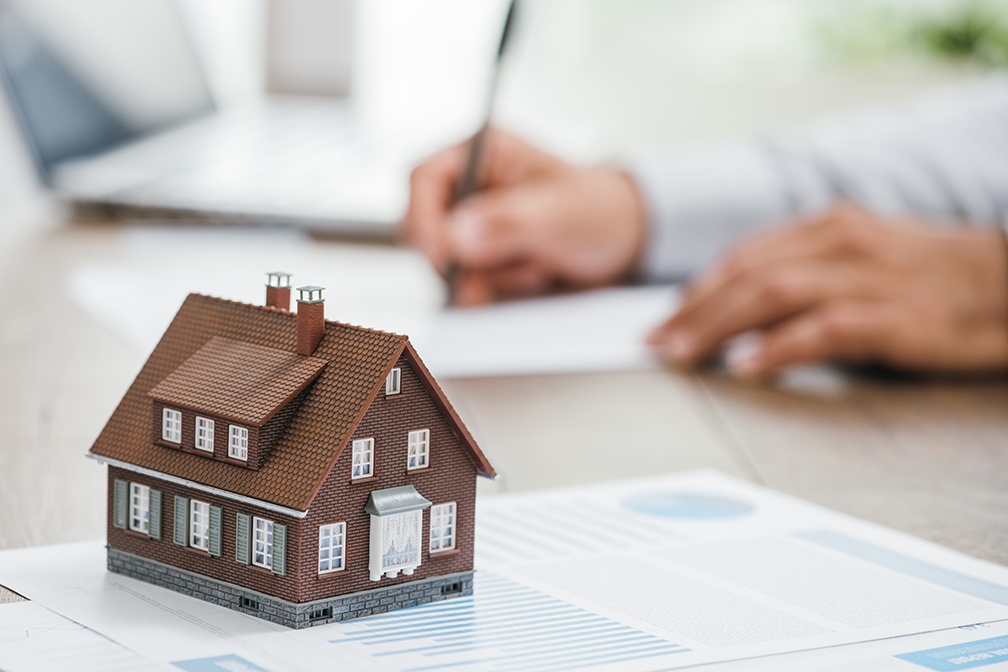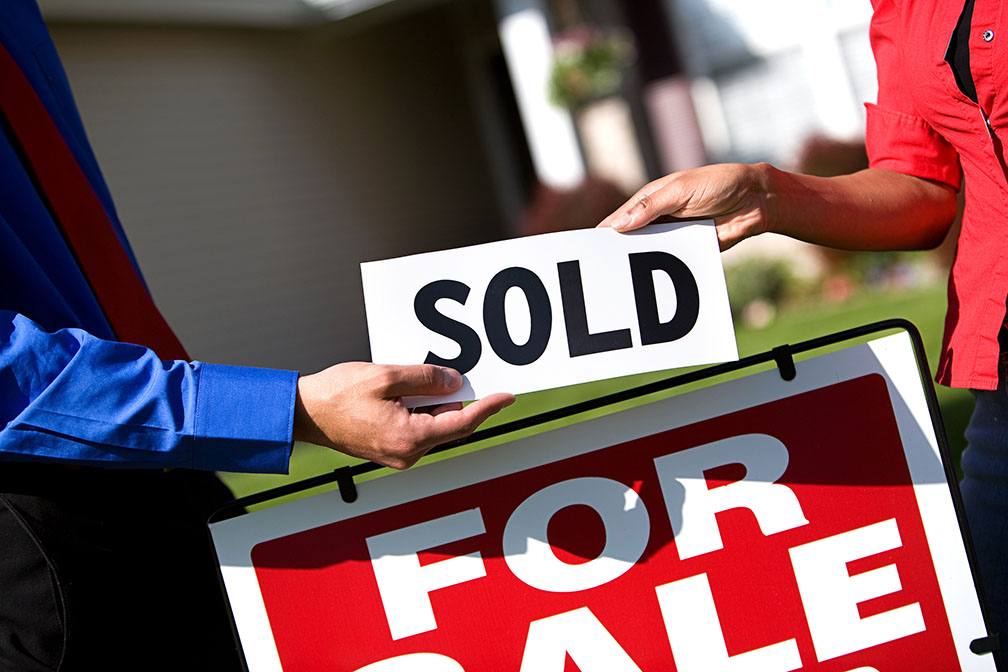3 Great Reasons to Use an Experienced Mortgage Professional for Your Next Mortgage
 Are you thinking about buying a new home in 2018? Whether you are a first-time home buyer or you’re downsizing now that the kids have moved out, you are likely considering whether or not you will need a mortgage. Even if you can afford to buy a home in cash, taking out a mortgage can help you maintain your liquidity for other spending purposes.
Are you thinking about buying a new home in 2018? Whether you are a first-time home buyer or you’re downsizing now that the kids have moved out, you are likely considering whether or not you will need a mortgage. Even if you can afford to buy a home in cash, taking out a mortgage can help you maintain your liquidity for other spending purposes.
No matter what the case, you will want to work with someone who can help you understand your options and what the right decision might be. Let’s explore three excellent reasons why you should work with an experienced mortgage professional for your next mortgage.
Helpful Advice, Every Step Of The Way
The first – and best – reason to work with a mortgage professional is that they are working with your best interests in mind. For example, you may qualify for a number of different interest rates and amortization periods. Which do you choose? Or perhaps your options are more limited as you are rebuilding your credit. Do you know which mortgage will best help you over the long term?
Your mortgage advisor is there to provide helpful, supportive advice as you move through the process.
Access To The Best Possible Rates
Another reason to work with a mortgage professional is that they have access to a wide variety of mortgage products, including those with lower interest rates. While you might think that 0.1 percent off of your mortgage rate doesn’t seem like much, over time this can result in thousands of dollars in savings.
Building A Long-Term Relationship For Future Needs
Finally, keep in mind that you will not just be a “one and done” with your mortgage advisor. This is the start of a long-term relationship that you may come to rely on in the future. You may decide to buy a larger home when you start a family or buy an investment property to diversify your portfolio. No matter the case, you will need someone whom you can trust will guide you in the right direction.
These are just a few of the many good reasons to work with an experienced mortgage professional. When you are ready to buy a new home, or if you are a homeowner in search of refinancing, contact our offices today. We will be happy to share our advice and expertise to help you choose the best mortgage product.

 Are you in the market for a new house? In a buyer’s market, finding and closing on a beautiful home can seem very easy. However, if you are shopping when the market is hot, you may end up fighting bidding wars and losing your dream home to a competing buyer. Let’s take a look at four tips that you will need to be successful when house hunting in a hot local real estate market.
Are you in the market for a new house? In a buyer’s market, finding and closing on a beautiful home can seem very easy. However, if you are shopping when the market is hot, you may end up fighting bidding wars and losing your dream home to a competing buyer. Let’s take a look at four tips that you will need to be successful when house hunting in a hot local real estate market. Are you a senior or retired individual older than 62 who is looking to supplement their retirement income? If so, you may have heard about a unique financial product known as a reverse mortgage. In today’s blog post we will explore three myths about reverse mortgages and share why they need to be debunked. Let’s get started.
Are you a senior or retired individual older than 62 who is looking to supplement their retirement income? If so, you may have heard about a unique financial product known as a reverse mortgage. In today’s blog post we will explore three myths about reverse mortgages and share why they need to be debunked. Let’s get started.